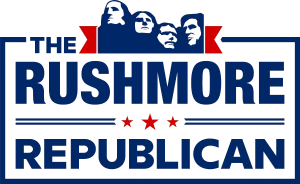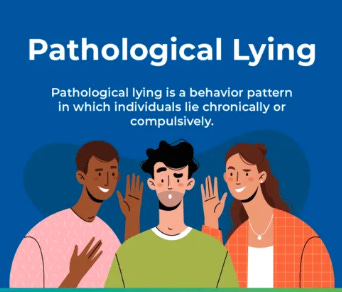https://southdakotavoices.substack.com/p/the-pierre-dilemma
South Dakota has ten state office holders: Governor, Lieutenant Governor, Attorney General, Secretary of State, State Auditor, State Treasurer, Commissioner of School and Public Lands, and three Public Utilities Commissioners. These elected officials have offices in Pierre with full time support staffs.
The problem is Pierre is a very small town, so it is challenging to find people willing to run for some of the elected positions and even more difficult to get qualified people to apply for the support jobs. As a result, it is not uncommon to have someone running for a position or working in a staff job that does not have the background for the assignment.

Qualifications are extremely important for some of these positions. The Secretary of State needs one of the broadest set of skills outside of the Governor and Lieutenant Governor. This person needs to understand electronic systems, electronic security, audits, record keeping, and the legal aspects of voter roll management, petitions, etc. They also need to be able to be polite, firm, and fair at the same time.
The Auditor and Treasurer handle money, so an accounting background, attention to detail, and staff oversight are very important. The Public Utilities Commissioners review technical data and make decisions that impact homeowners and businesses. As a result, it is ideal if the commissioners have technical and business backgrounds.
The Attorney General handles legal matters and works with law enforcement, so a broad background with legal issues and a connection to law enforcement is very helpful.
Recently there was an issue with embezzlement in the Auditor’s office. One has to wonder if this matter might be a Pierre problem. Would it have been an issue if there was a larger pool of applicants for staff positions? And would the problem have been caught more rapidly if everyone was not someone else’s neighbor?
I am wondering if we might be able to take our state government to the next level with some workplace flexibility. Specifically would a remote/in-person blend give us a larger number of candidates for elected positions and a bigger pool of qualified applicants for staff assignments?





This article is 100% wrong. There was never anyone in the auditors office who embezzled money. The auditors office had nothing to do with it. If you dont understand how the structure of these offices is set up it’s best not to write about them because you lose all credibility.
This is 100% wrong on every level.
Thr fraud came from agencies under the governor.
I hate to say it but remote work isn’t a good thing. These positions have moving parts. If the Secretary of state or AG can’t commit to moving to the capitol city then they shouldn’t be running. These are big jobs.
The staff needs to know the leader is in the room and understands the day to day.